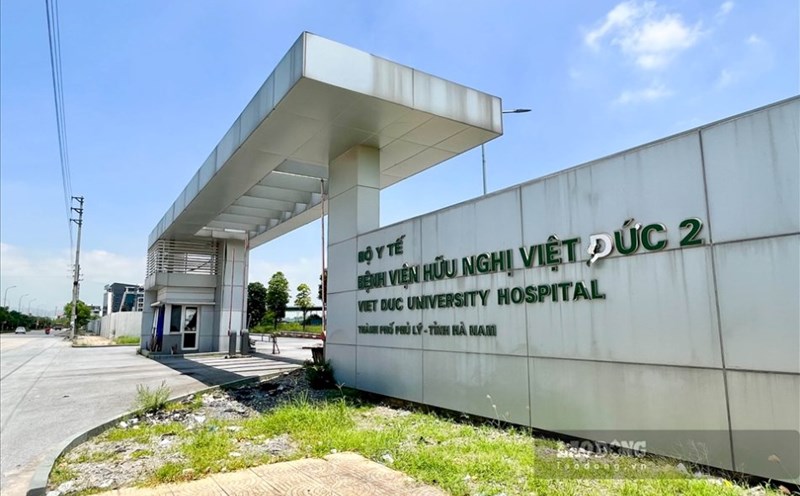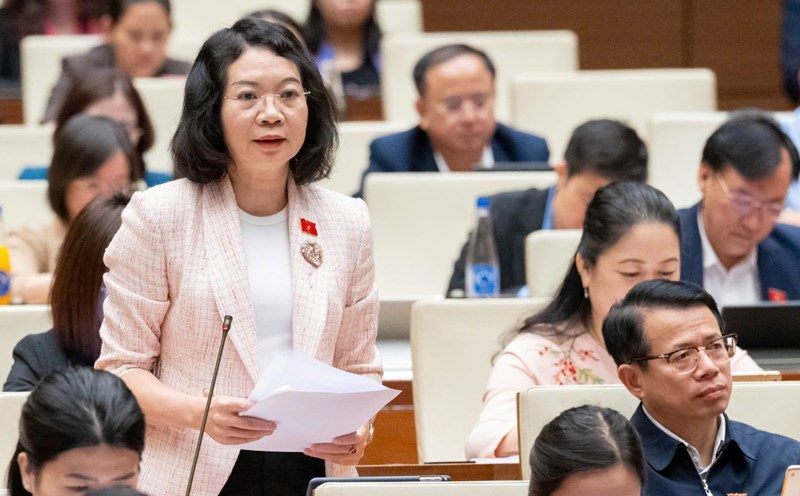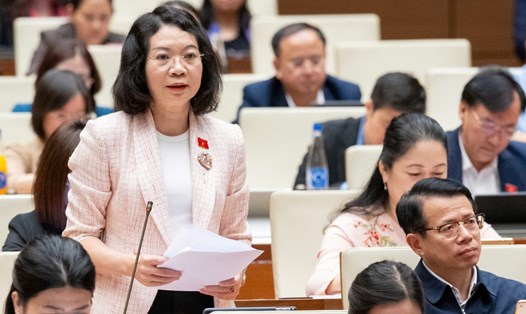The People's Committee of Bac Ninh province has just issued an official dispatch assigning the Department of Planning and Investment to preside over and coordinate with the Department of Construction, the Department of Natural Resources and Environment and the People's Committees of districts, towns and cities to inspect and review projects using investment capital in the fields and localities under their management that are temporarily suspended and not put into operation.
The request letter must clearly state the reason for the temporary suspension of construction, the problem at which stage, which agency or unit? Clearly state the solution? Which agency or unit is responsible for the solution? Clearly state the completion time frame...
This is a drastic and necessary move, in the context of persistent waste of resources, causing significant losses to the state budget and society, while also causing public outrage and creating "black spots" in the development picture of each locality.
However, not only Bac Ninh but also other localities need a general inspection and review.
Because public investment projects stop construction for many different reasons, causing waste of land resources, money, time, etc., this is not only a problem in Bac Ninh but also common throughout the country.
With regard to national key projects alone, key projects - according to the report of the Central Internal Affairs Committee - the whole country currently has up to 57 projects including 9 projects in the construction sector, 22 projects in the electricity sector, coal and mineral industry; 15 projects in the transportation sector; 7 projects in the education, culture, sports, tourism sector; 4 projects in the agricultural sector that need to be handled to combat waste.
The fact that key national projects are also in the above situation is an alarm bell about management work as well as investment implementation efficiency.
Therefore, it is time for a comprehensive review of projects across the country, to specifically identify the quantity and causes of waste.
At the same time, localities also need to come up with solutions to remove difficulties and handle them thoroughly to help these projects be put into effective use soon, in accordance with their original purposes and expectations.
Finally, this review needs to be done in the spirit of accountability, by clarifying the responsibilities of relevant individuals and organizations.
Irresponsible behaviors, slowing down progress or intentionally prolonging projects for other purposes need to be strictly handled to set an example!












